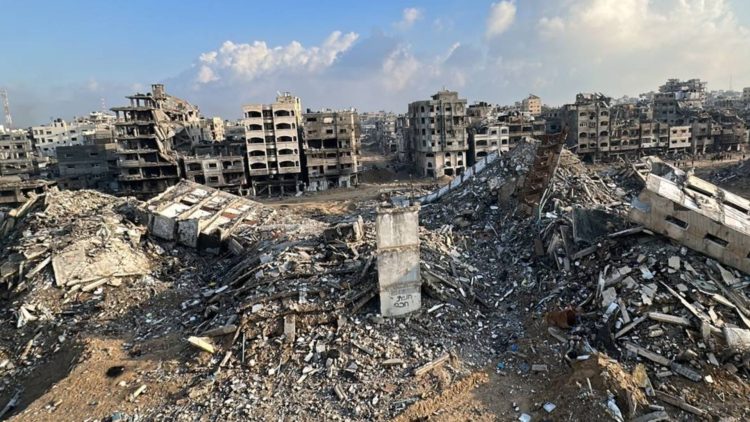His far-right coalition partners, including National Security Minister Itamar Ben Gvir, have vocally opposed the ceasefire.
Others, like Finance Minister Bezalel Smotrich, demand guarantees that military operations can resume immediately if Hamas violates the agreement.
These internal divisions have put Netanyahu in a political bind, forcing him to balance the need for a ceasefire with the risk of losing his coalition’s support.
While Netanyahu could potentially pass the deal with opposition backing, doing so would weaken his already fragile government.
The departure of key far-right factions from his coalition could trigger early elections, further destabilizing the Israeli political landscape at a critical moment.
Israel says Hamas is creating a “last-minute crisis” by going back on parts of the ceasefire deal the two sides agreed to on Wednesday. Israel says its cabinet will not meet until Hamas accepts “all elements” of the agreement. More: https://t.co/6f0b7FanTD pic.twitter.com/rX50jCS2cA
— NewsNation (@NewsNation) January 16, 2025
The Human Cost of Delays
The delay has dire consequences for the people of Gaza, where the humanitarian crisis continues to worsen.
Israeli airstrikes have intensified since the ceasefire announcement, killing at least 72 people in just one night, according to Gaza’s Health Ministry.
The territory, already devastated by over 46,000 deaths and the displacement of 90 percent of its 2.3 million residents, is teetering on the brink of collapse.
Hunger, disease, and overcrowded camps exacerbate the suffering of a population that has borne the brunt of the conflict.
For the families of hostages, the delay prolongs an agonizing wait.
The deal promised the release of 33 hostages in the initial phase, with the remainder to be negotiated in a second, more complex stage.
Each passing day without progress compounds the emotional toll on these families, who cling to the hope of reunion amid mounting uncertainty.
International Implications and Mediation Efforts
The crisis has also strained relations with international mediators.
The United States, Qatar, and Egypt invested significant diplomatic capital in brokering the agreement, viewing it as a crucial step toward stabilizing the region.
US President Joe Biden and Qatar had confidently announced the deal’s completion, only to be blindsided by Netanyahu’s remarks. This public contradiction risks undermining trust in future negotiations and highlights the delicate balance mediators must maintain.
In the broader geopolitical context, the ceasefire’s failure could reignite global protests and further destabilize the Middle East.
The conflict has already drawn widespread condemnation of Israel’s military tactics, with critics accusing it of disproportionate use of force and insufficient safeguards for civilian lives.
Meanwhile, Hamas faces international scrutiny for its October 2023 attack that triggered the war, as well as its ongoing use of civilian areas for military operations. Both parties stand at a crossroads, with their actions in the coming days shaping the trajectory of the conflict.
As mediators convene in Cairo to salvage the agreement, the question remains whether the ceasefire can withstand the political and logistical hurdles now threatening its implementation.
The deal’s success hinges on delicate compromises from both sides. Hamas must reaffirm its commitment to the terms without additional demands, while Netanyahu must navigate domestic pressures to secure approval without jeopardizing his coalition.
The ceasefire, even if implemented, leaves many questions unanswered.
Who will govern Gaza post-war? How will reconstruction be managed? And can the region avoid a resurgence of violence? While the agreement offers a glimmer of hope, it is clear that the road to lasting peace is fraught with challenges.
Final Thoughts
The “last-minute crisis” delaying the Israeli-Hamas ceasefire serves as a stark reminder of the complexities inherent in conflict resolution. For Palestinians enduring unimaginable suffering, families longing for the return of hostages, and the international community striving for stability, the delay is more than a political setback—it is a devastating blow to hope.
Whether the ceasefire becomes a turning point or yet another missed opportunity depends on the willingness of all parties to prioritize peace over politics.










COMMENTS